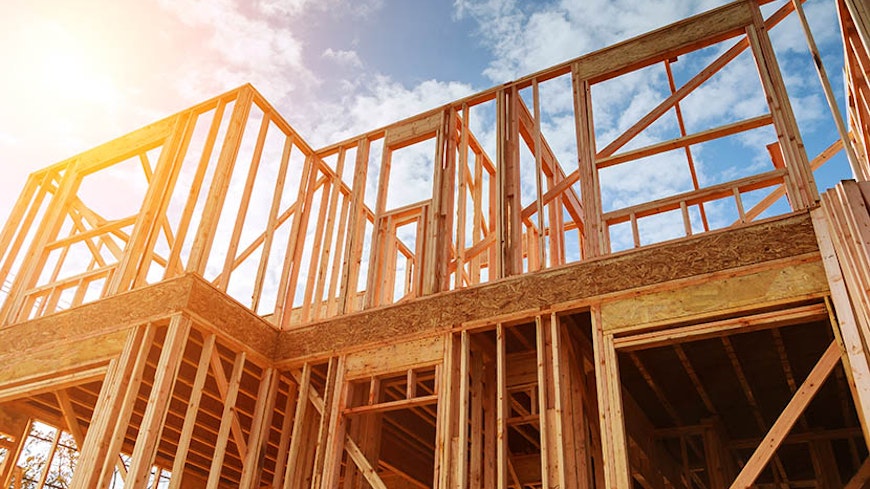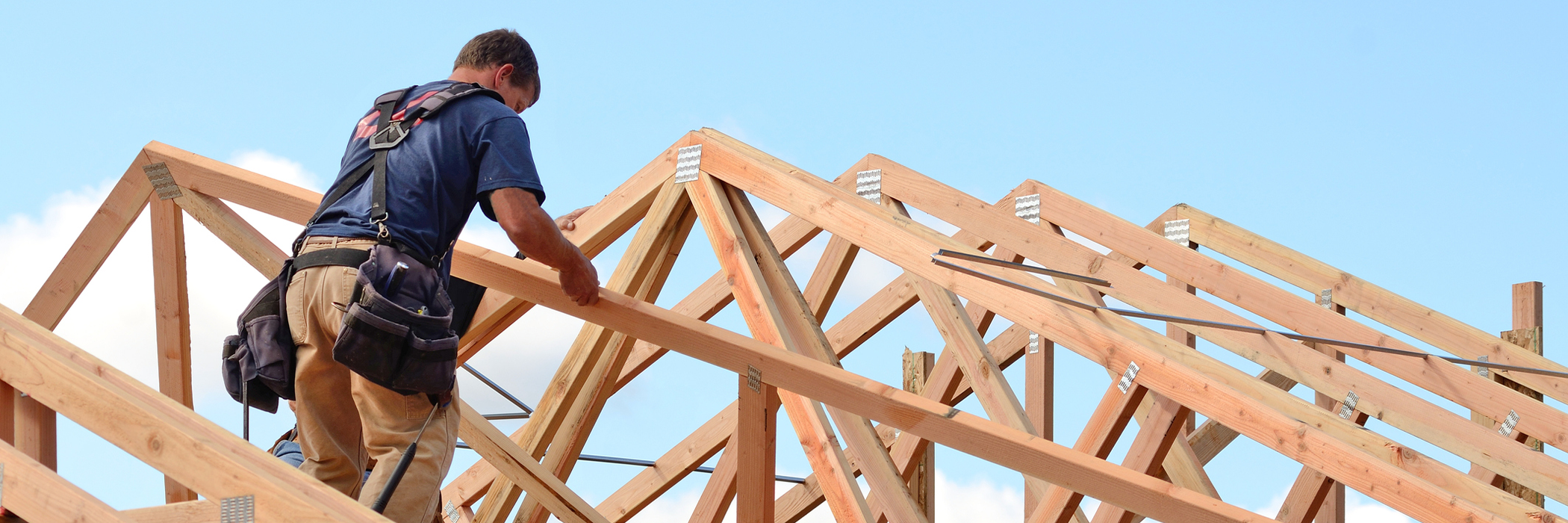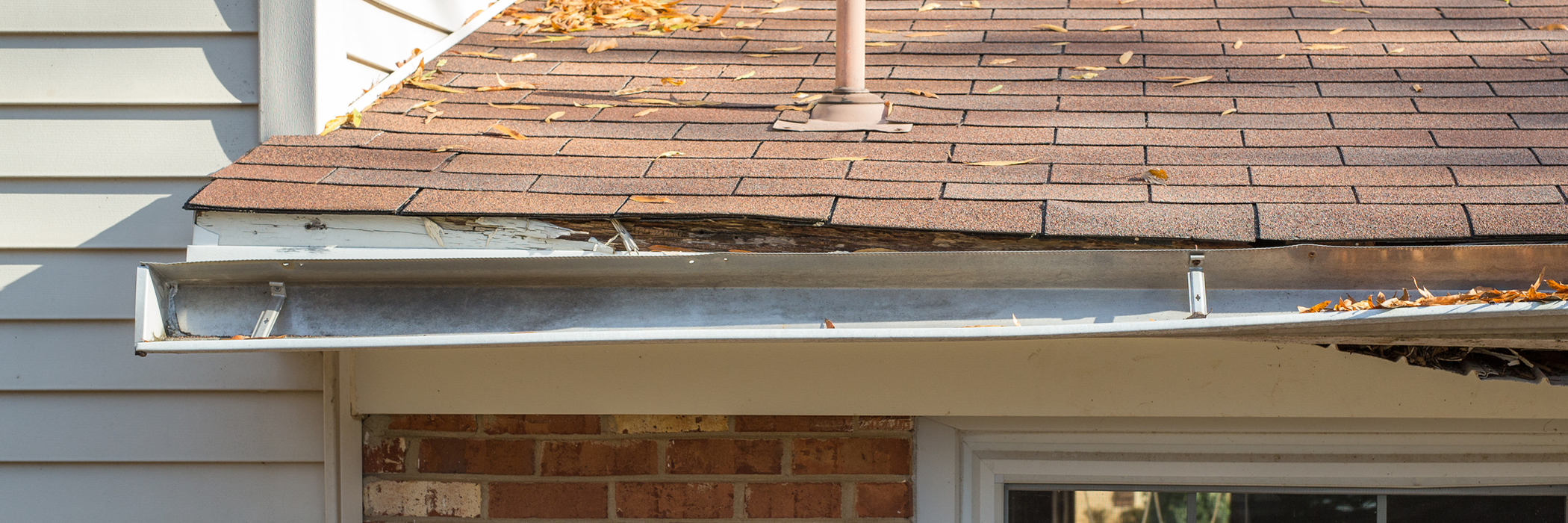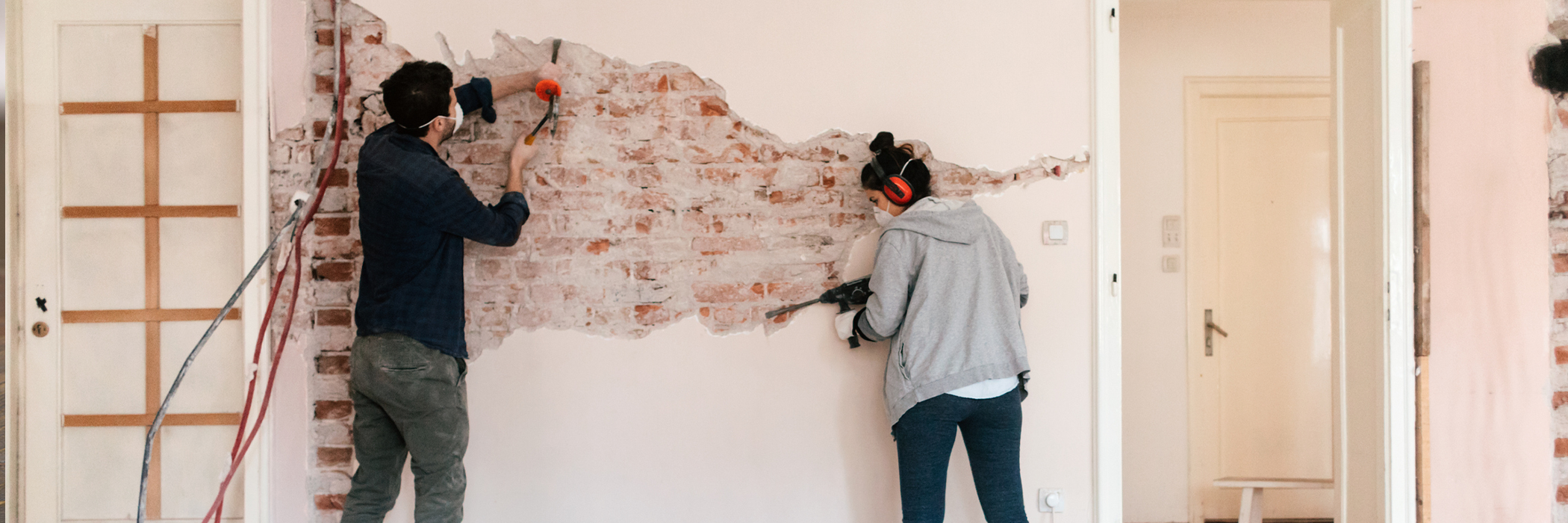
By Rebecca Styles
Research Lead | Hautū Rangahau
“It’s peace of mind, guaranteed” the Master Build 10-Year Guarantee policy states.
But peace of mind has gone for a group of 27 landowners whose builder didn’t register the guarantees.

Wellington firm Jonesy Construction went into liquidation – one of two in the region in the past month. They had been pushed to the wall because of the cost and supply of materials, causing delays and financial losses which became unsustainable.
One of the affected landowners, Sylvana Whitehouse, contacted Consumer NZ and told us she had completed the guarantee application form and sent it to Jonesy Construction. It is then up to the builder to send in the paperwork. The guarantee only comes into force when Master Builders sends a notification of acceptance to the landowner.
The guarantee contract also places an obligation on the landowner to contact Master Builders if they haven’t received a notification within 14 days.
Yet Whitehouse didn’t know when the builder was registering the guarantees.
“We had no idea when the builders submit the applications,” she said. “Jonesy told a few people he would submit them closer to the start date, which was months after signing. I’m not sure how someone is meant to follow up 14 days from an unspecified date.”
While Master Builders isn’t to blame for the company’s inaction, Whitehouse is concerned about the lack of mechanisms in place to ensure builders have lodged the guarantee and are solvent. She also believes more protections could be put in place to help consumers navigate the scheme.
Master Builders said it regretted “a member of our association has engaged in practices which do not comply with our standards and guarantee requirements”.
It also said the guarantee application “makes it clear that an application must be submitted and approved before any building work is undertaken”.
Master Builders is working with the homeowners who have contacted the organisation to “understand their situation and how we can support them,” chief executive David Kelly said.
Master Builders has a “rigorous and robust selection process to become a Master Builder,” he said.
Once a builder becomes a member, it uses “a trade credit reporting tool on a monthly basis to monitor and identify members with trade debts over a certain age, particularly those who utilise our Master Build 10-Year Guarantee”.
It also has a notification system so it’s alerted when a Master Build member defaults on a payment, is denied credit or has pending disputes or legal action.
We asked Master Builders whether any alarm bells about Jonesy were ringing before it went into liquidation. It said no red flags were raised in its monthly credit alerts.
Whitehouse has suggested that a simple solution would be for all building contracts to be conditional on the Master Build Guarantee being accepted. Otherwise, landowners could end up with a building contract with little protection if the builder goes bust, she said.
She would also like the scheme administered by a third party or consumer representatives to make sure something like this doesn’t happen to anyone else.
The group of landowners is considering pursuing legal action against Master Builders.
Kelly said Master Builders is continuing to work with the liquidator.

Compare house and contents insurance
Use our interactive database to compare house and contents cover and excesses.
Why we need a building warranty insurance scheme
For years, Consumer has been calling for a mandatory building warranty insurance scheme to provide better protection for people.
How would it work? In short, you’d pay a bit extra up front for a warranty and, in the unhappy event something goes wrong, your cover would kick in.
This type of warranty scheme already operates in Queensland. For any residential building work above a set value, builders in the state are required to obtain insurance from a statutory body (Queensland Building and Construction Commission).
Homeowners pay for, and are the beneficiaries of, this cover. They can claim for losses arising from non-completion or shoddy work. That’s regardless of whether the builder is alive, dead or otherwise missing in action. Homeowners are also covered if the licensed builder couldn’t complete the work due to liquidation.
As well as running the insurance scheme, the commission is responsible for disputes resolution and builder licensing. Builders in the state must be licensed to carry out building work valued at more than A$3300. Licence fees help fund the commission’s work.
Among its powers, the commission can require defective or incomplete building work to be remedied. If the contractor fails to do this, insurance comes into play and the commission pays out to remedy outstanding problems.
A similar mandatory scheme here would ensure homeowners have somewhere to turn to if their builder doesn’t deliver. It would also help lift standards in the industry: builders would know that if their work isn’t up to scratch, they’ll face financial penalties.
Making the scheme mandatory for work above a set threshold (we suggest $30,000) would help keep premiums affordable by spreading risk over a bigger pool. The more people who take out the insurance, the lower the cost of cover.
A mandatory scheme would also avoid the risk of a builder telling customers that the insurance wasn’t necessary so they could make their quote appear cheaper and undercut others tendering for the work.
The benefits of a disputes body similar to Queensland’s would also be sizeable. Building wrangles are often complex and technical. Having a specialist body that could deal with them would be more time- and cost-effective.
What are the chances of change?
There are no plans to make building guarantees or home warranties compulsory, says Amy Moorhead, the manager of building policy at the Ministry of Business, Innovation and Employment (MBIE).
In 2019, MBIE consulted on whether building guarantees and insurance should be mandatory. While many wanted a compulsory product, there were doubts the insurance market could offer a viable product for homeowners.
Australia’s experience shows any warranty scheme will need to be government-backed.
In the meantime, the Building Act does stipulate implied guarantees – meaning work is guaranteed for 10 years after the build, whether or not you have a formal contract.
If your builder goes bust within that time frame there are a few options, depending on the nature of the problem. For example, if an architect, designer or subcontractor didn’t do their job correctly, you could seek compensation from them through the courts.


